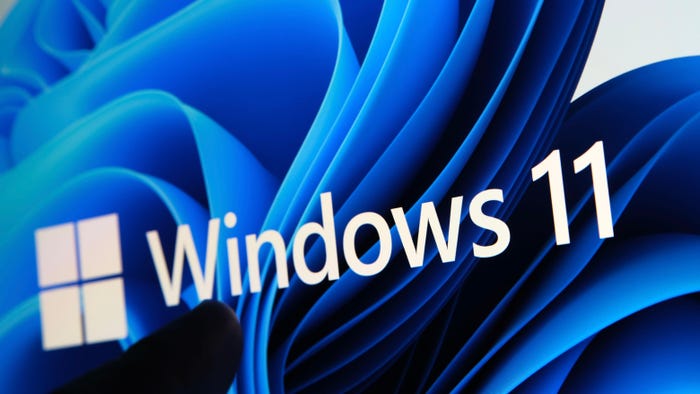China Denies Attacking Google
Officials in China call claims that the government had a role in the cyber attack on Google and other companies "groundless."

China's government on Monday denied involvement with the cyber attack reported by Google earlier this month and defended its regulation of the Internet.
In an interview with the state-run news organization Xinhua on Sunday, an unidentified spokesperson for the Chinese Ministry of Industry and Information Technology said that "[The] accusation that the Chinese government participated in cyber attack, either in an explicit or inexplicit way, is groundless and aims to denigrate China."
While Google has not accused the Chinese government of direct involvement in the cyber attacks that affected it and some 33 other companies, its decision to stop cooperating with Chinese censorship rules has been widely seen as a stand against the challenging business environment faced by foreign companies in China.
Some security researchers have been less diplomatic, claiming that the attacks show signs of the involvement of Chinese state entities.
China meanwhile insists that it is the biggest victim of hacking attacks.
Last week, U.S. Secretary of State Hillary Clinton spoke at length on the importance of Internet freedom and noted that last year, China, Tunisia, and Uzbekistan "stepped up their censorship of the Internet."
She asked U.S. businesses to support the U.S. government's effort to oppose censorship. "[W]e are urging U.S. media companies to take a proactive role in challenging foreign governments' demands for censorship and surveillance," she said. "The private sector has a shared responsibility to help safeguard free expression. And when their business dealings threaten to undermine this freedom, they need to consider what's right, not simply what's a quick profit."
Getting businesses to put principles above profit may prove difficult. Microsoft CEO Steve Ballmer has criticized Google's threat to leave China as an irrational business decision. He has referred to the situation as the "Google problem" rather than a challenge faced by any foreign business trying to operate in China.
According to Reuters, Microsoft chairman Bill Gates apparently shares that view, stating in an interview on Good Morning America that "The Chinese efforts to censor the Internet have been very limited."
In a statement on an official Chinese government Web site, a government spokesperson said, "China is willing to cooperate and exchange opinions on issues about Internet development and management with other countries, but opposes firmly to any defiance of Chinese laws, or intervening Chinese domestic affairs under the pretense of 'Internet management' regardless of the truth."
Read more about:
2010About the Author
You May Also Like
Catch the Threat Before it Catches you: Proactive Ransomware Defense
September 5, 2024How to Evaluate Hybrid-Cloud Network Policies and Enhance Security
September 18, 2024DORA and PCI DSS 4.0: Scale Your Mainframe Security Strategy Among Evolving Regulations
September 26, 2024Harnessing the Power of Automation to Boost Enterprise Cybersecurity
October 3, 2024
[Virtual Event] The Essential Guide to Cloud Management
October 17, 2024Black Hat Europe - December 9-12 - Learn More
December 10, 2024SecTor - Canada's IT Security Conference Oct 22-24 - Learn More
October 22, 2024



_Tero_Vesalainen_Alamy.jpg?width=700&auto=webp&quality=80&disable=upscale)
